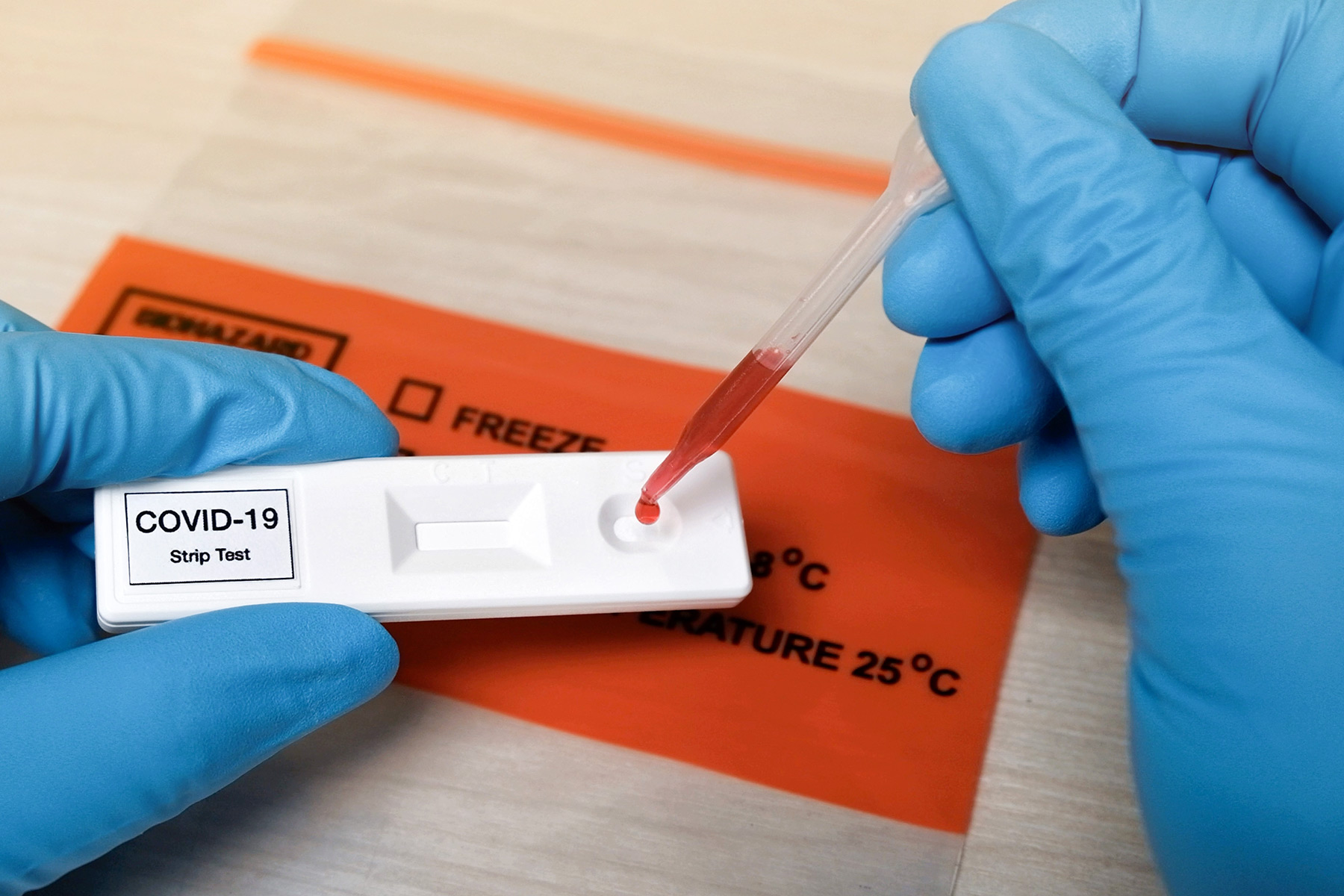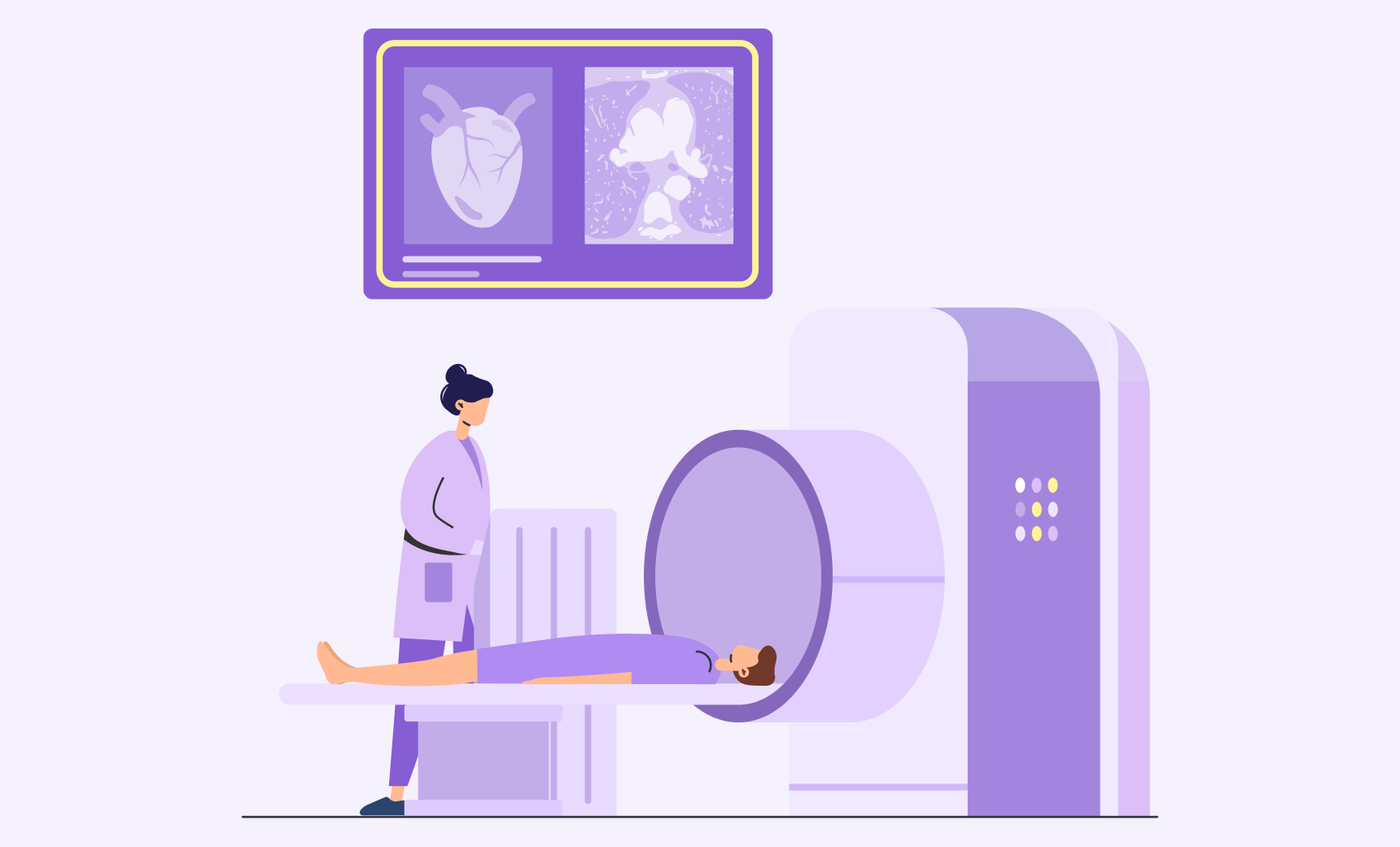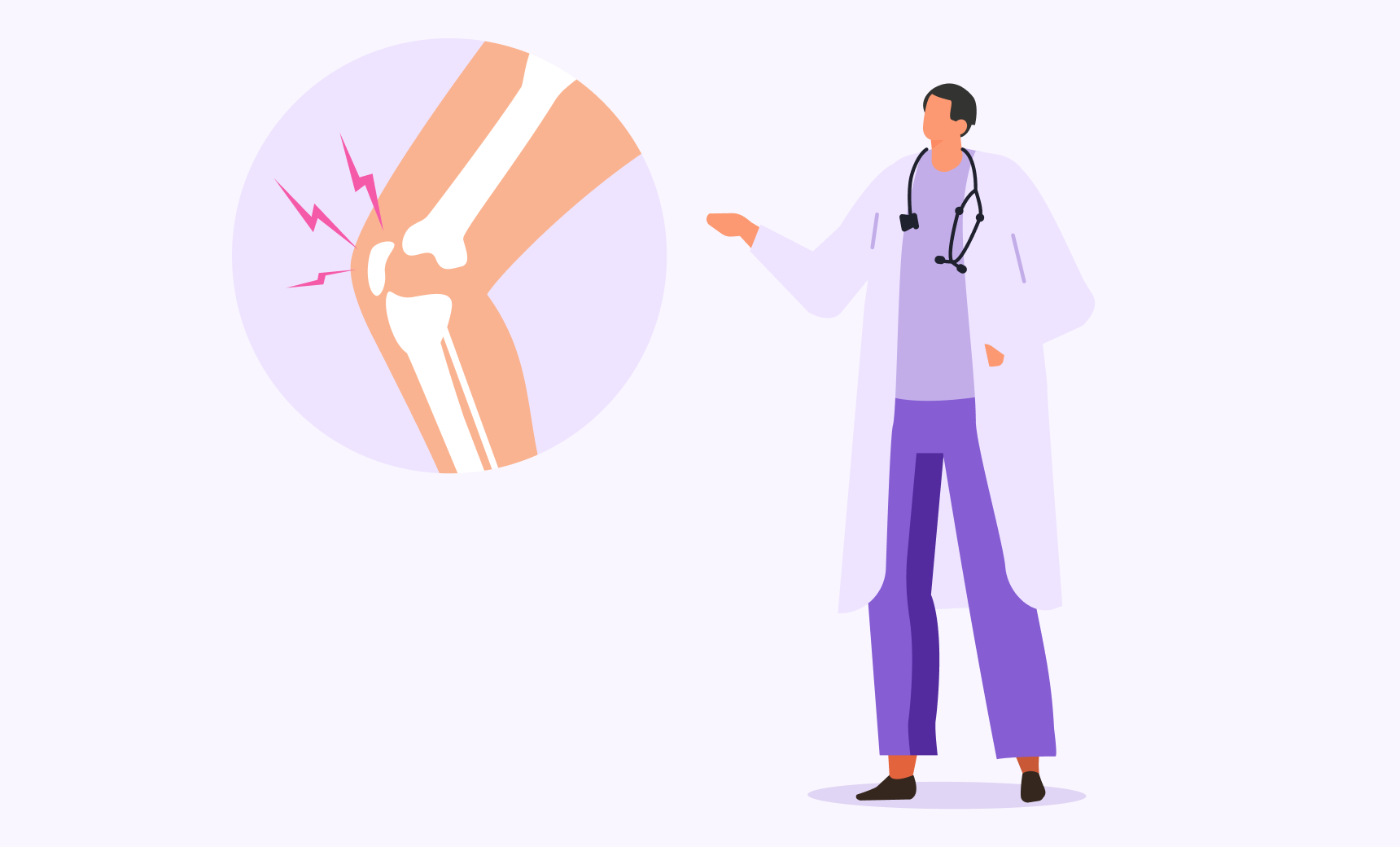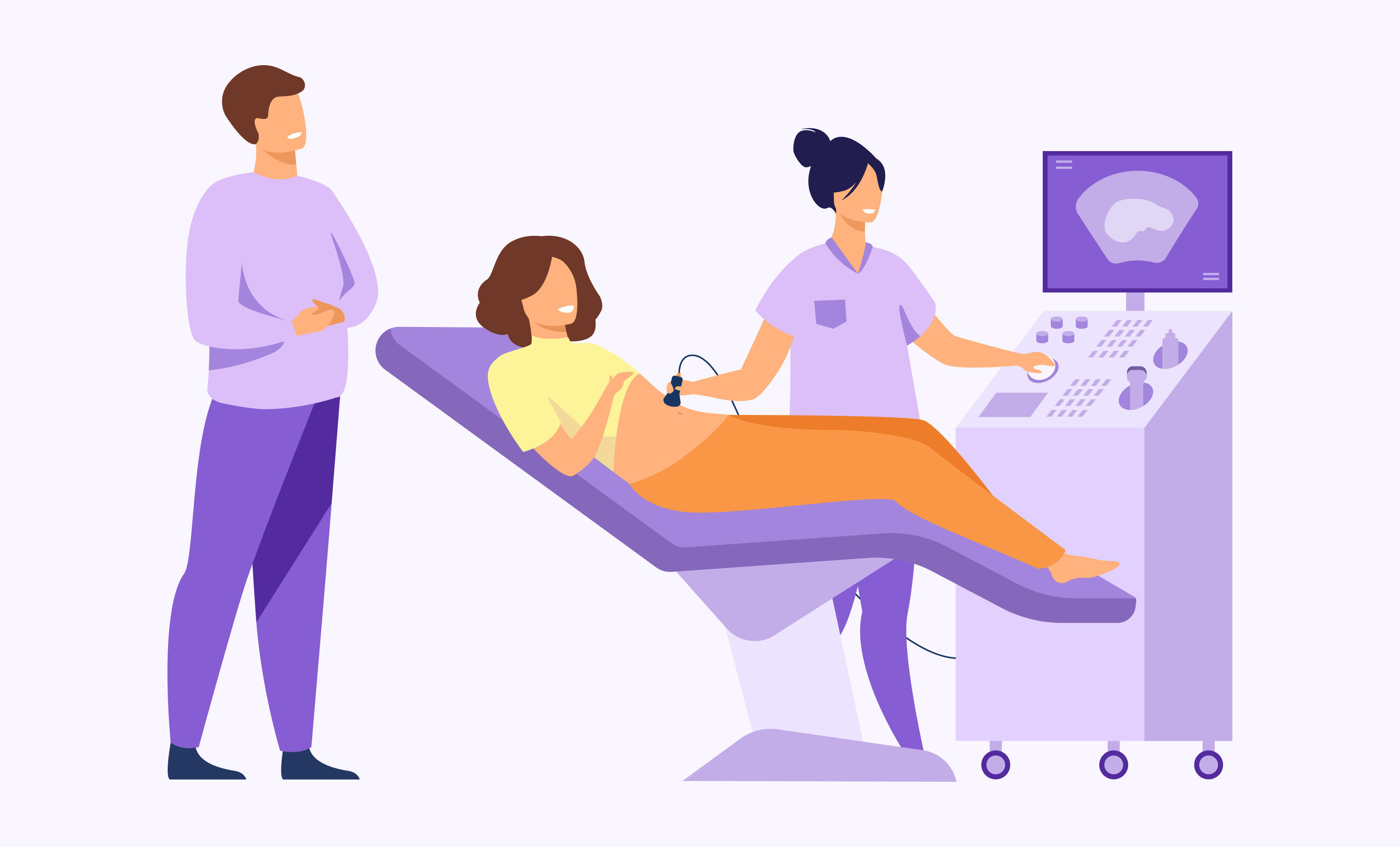
FOX: Coronavirus Antibodies and How They Show Discrepancies in Infection Reporting
While the quantity of tests being offered to the public is on the rise, many people are wondering to what degree the national infection number is being underreported as people catch and recover from the virus without being tested. To discuss this reality of testing, Fox News called on Dr. Robert Segal, the co-founder of LabFinder, to explain how “Coronavirus Antibody Testing finds Bay Area Infections May Be 85 Times Higher than Reported”.
In this article, Dr. Segal explains the science behind COVID-19 antibodies. Antibodies, in the case of any infection, are formed to fight off viruses and create a sort of muscle-memory to fight off the virus again if you are re-infected. For some infections, this is very effective, such as how it is very rare to get chickenpox more than once. For others, such as the flu, new strains can overpower the antibodies. As Dr. Segal explains, “Those who test positive for immunity, in theory, are safe to return to work” but are “cautioned against doing so considering medical professionals are still learning about the virus.” While doctors do not know to what extent Corona antibodies are successful in creating an immunity, the presence of antibodies in healthy patients can show whether the person had the virus at any point, regardless of past testing. In short, if 1/10 people are tested positive for COVID-19 while sick, in reality, 7/10 people could have carried the virus and not had access to the test. This difference could explain how people contracted the disease without known contact with confirmed cases. People with the Corona antibody are being encouraged to go to work in many areas, but as Dr. Segal says, “the human race has not developed an immunity to this virus, [so] there is a possibility that re-infections could occur. We cannot be certain of that at this time.”
Think you have the signs of COVID-19? Schedule a test at a lab near you here with LabFinder.




Andy Alem
The LabFinder Editorial Team is behind The Illuminator and The Insider, LabFinder’s consumer and business blogs.
Dr.Robert Segal
Dr. Segal is CEO and co-founder of LabFinder, as well as a board-certified cardiologist. He began practicing medicine in 2002 and has founded several businesses, including Medical Offices of Manhattan and Manhattan Cardiology.